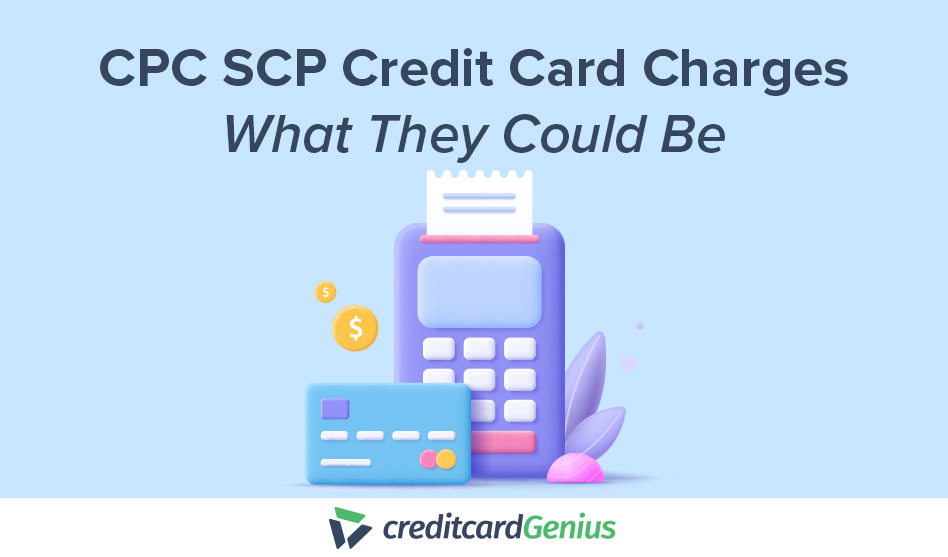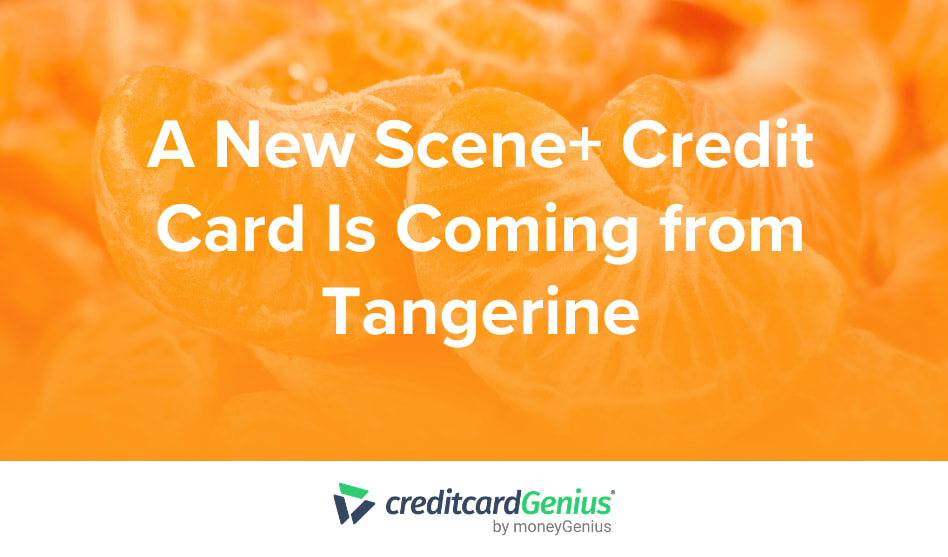A pending transaction on your credit card indicates an authorized payment that hasn’t yet been completed. It’ll take 1–5 business days for your bank to pay your tab and officially post the transaction to your account, at which point you’ll see it added to your credit card balance.
Key Takeaways
- A pending transaction indicates your credit card has been charged but the bank hasn’t yet paid your tab.
- A pending transaction typically clears within 5 days.
- A car rental agency, gas station, or hotel may use a pending transaction on your credit card as a temporary deposit, funds check, or prepayment.
- If it doesn’t clear on its own, you must ask the person or company that charged your credit card to cancel the pending transaction on your behalf.
Never miss an amazing deal again + get our bonus 250+ page eBook for FREE. Join 50,000 other Canadians who receive our weekly newsletter – learn more.
What is a pending transaction on a credit card?
A pending transaction is an unprocessed, unpaid tab on your credit card. Most are the result of a recent purchase.
Let’s say you visit the local deli for lunch. When you tap your credit card on the payment machine at the front counter, it contacts your credit card issuer – i.e., the bank, credit union, or store that gave you your card – with the purchase details. If your bank approves the transaction, it lets the payment machine know within a few seconds.
From your perspective, the sale is complete – but in reality, no money has changed hands. Instead, your bank permitted the deli’s payment machine to create an authorized charge (or authorization hold) on your credit card.
An authorized charge is a temporary placeholder on your credit card. It checks your card’s legitimacy, reserves a chunk of credit for the merchant, and reduces your available credit so you don’t accidentally exceed your spending limits. Unlike a completed transaction, a pending charge can be corrected or updated – like when you add a tip!
An authorized charge will remain on your credit card until its corresponding pending transaction has been cleared or cancelled.
Pending transactions vs. posted transactions
A posted transaction indicates that your credit card issuer has paid the merchant that charged you and will eventually expect payment in return.
Let’s return to the previous example:
- To get paid, the deli must send a record of your credit card transaction to the appropriate payment network – American Express, Mastercard, or Visa.
- Let’s say you paid for your lunch using the American Express Cobalt® Card. The deli sends the transaction to Amex and Amex "clears" it by transferring money to the deli and releasing the authorized hold on your credit card.
- At this point, the transaction has been officially "posted" to your account and will appear on your next credit card statement.
How long do pending transactions take to clear?
Whether it’s a purchase or a refund, a credit card transaction usually takes 1–5 business days to clear and post. It takes most businesses 24 hours to submit their transactions and a further 2–3 days for Canadian banks to process payments.
Why the delay? Well, Amex, Mastercard, and Visa all charge a fee for processing transactions and transferring money from one account to another. It’s cheaper for businesses to process transactions in batches at the end of the day than to send them to payment networks in real time.
Plus, if you’re a busy restaurant or theme park, you probably don’t have enough Wi-Fi bandwidth to update each payment network with hundreds of transactions moment by moment!
What to do about a pending transaction
In most cases, there’s nothing you can do about a pending transaction but wait. Holidays, network outages, and odd bank hours occasionally produce delays, and even refunds need time to clear and post.
You don’t necessarily have to pay for every pending transaction you see on your credit card. For example, some businesses use pre-authorized charges as:
- Deposits: A car rental agency or hotel may charge your credit card at check-in as a deposit. Avoid wrecking the car or the room and the company will release the hold when you return the vehicle or check out.
- Fraud protection: Gas stations may place an authorized hold on your credit card for $1–$500 to prevent fraud and theft. You can’t steal what you’ve already paid for, and if the hold is approved, the station knows your credit card is legit and you have enough funds.
- Prepayments: If you’ve ever visited a theme park with tap-to-pay wristbands, chances are the park placed a hold on your credit card. The hold is just a tab – whatever you use will be charged to your credit card and whatever you don’t will be released.
- Subscription renewals: Before Amazon or Netflix charges you a renewal fee, it may verify your card’s validity with a small authorized hold. The hold will be released once the company confirms that your credit card is still valid.
- Sufficient funds checks: If there’s ever a question of insufficient funds – such as after a large spending spree – your bank may wait a few days to see if you have the money. It may take a phone call or a few days for the transaction to clear.
Unfortunately, there’s no way for the average credit cardholder to remove a pending transaction from their account. You must wait for it to be cancelled, declined, or processed.
You don’t need to add pending transactions to your payment when you pay off your credit card. Overpaying could result in a negative balance on your credit card.
Can you cancel a pending credit card transaction?
The only party with the power to cancel a pending credit card transaction is the one that initiated it. Cancelling, freezing, or locking your credit card won’t help.
If you’re sure a pending transaction isn’t serving as a temporary check, deposit, or prepayment, call the company responsible. If the transaction can’t be cancelled, you should at least be able to receive a refund – or open a chargeback dispute.
But what if you don’t recognize the company or can’t find their contact info? A suspicious pending transaction means you may be a victim of credit card fraud.
If you suspect your credit card is compromised, call your credit card issuer right away. Your bank or credit union can investigate the charges and place a hold on your credit card number to prevent further misuse.
Even then, your card issuer is more likely to refund you for any fraudulent transactions after they’ve been posted than to cancel them outright.
Can pending transactions be declined?
A pending transaction is incomplete by definition. It might not be cleared and posted if:
- The merchant fails to submit the transaction in time
- You lack sufficient funds on your prepaid credit card
- Your bank rejects the charges
- Your purchase exceeds your credit limits
If your credit card payment was declined, it’s important to contact the merchant to work things out. Waiting for someone else to notice your payment bounced could lead to late fees, legal action, or a sour business relationship.
FAQ
How long does a pending credit card transaction take to process?
It generally takes about 1–5 business days for a credit card transaction to clear and post.
Does a pending transaction mean my purchase went through?
A pending transaction means your credit card issuer approved the charges but hasn’t yet paid the store or merchant.
Why is a transaction pending on my credit card?
All credit card transactions are marked "pending" until complete. A delay could be the fault of the merchant, payment network, or issuing bank.
Can you cancel a pending transaction?
You can’t cancel a pending transaction directly but you can ask the bank, company, or store that initiated it to cancel the charges on your behalf.
Why is the pending transaction different from my actual purchase?
Some businesses place a small hold on your credit card to verify its legitimacy, or a large one to serve as a deposit, prepayment, or fraud or theft protection. Pending transactions can be cancelled or corrected and rarely represent how much you’ll actually be charged.
creditcardGenius is the only tool that compares 126+ features of 228 Canadian credit cards using math-based ratings and rankings that respond to your needs, instantly. Take our quiz and see which of Canada's 228 cards is for you.









































Comments
Leave a comment
Required fields are marked with *. Your email address will not be published.